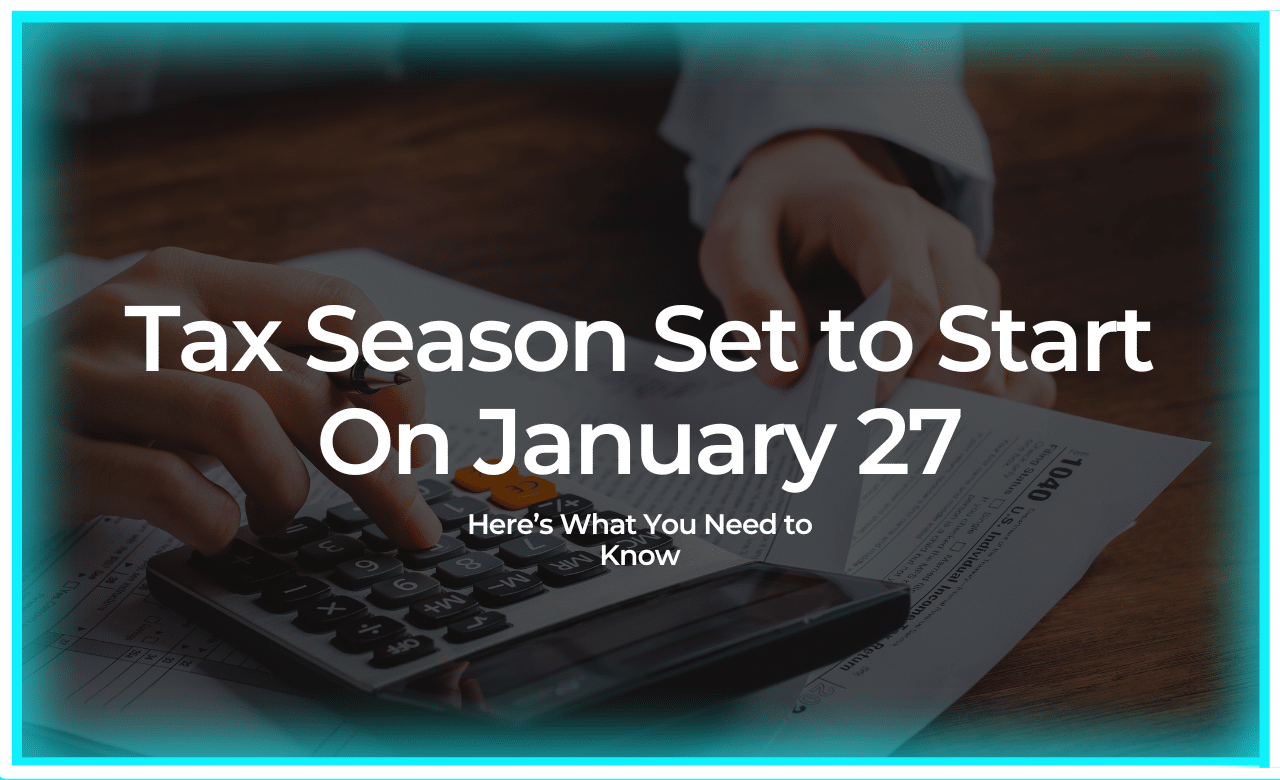Hi, I’m Bette Hochberger, CPA, CGMA. As the calendar turns to January 27, it’s that time of year again—tax season! Whether you’re a seasoned filer or new to the tax game, preparing for tax season can be scary. However, with the right information and preparation, you can navigate this season smoothly! Here’s what you need to know and do to get ready.
Important Dates
Tax season officially begins on January 27, 2025. This is when the IRS starts accepting tax returns for the year 2024. Mark your calendars, as filing early can help you receive your refund sooner. The deadline for filing your taxes this year is April 15, 2025, so it’s essential to plan ahead and avoid the last-minute rush.
Gather Your Documents
Before diving into your return, it’s important to gather all necessary documents. Here’s a list of what you’ll typically need:
– W-2 Forms: If you’re an employee, your employer will provide this form, detailing your earnings and taxes withheld.
– 1099 Forms: If you’re self-employed or have freelance income, you’ll need these forms showing your income from various sources.
– Receipts for Deductions: Collect receipts for any deductible expenses, such as medical expenses, charitable contributions, and business-related costs.
– Bank Statements: These can help verify income and expenses.
– Last Year’s Tax Return: This can serve as a valuable reference and help you remember what deductions you took previously.
Know Your Filing Options
There are several ways to file:
1. DIY Software: Many people opt for tax preparation software like TurboTax or H&R Block. These platforms guide you through the process with user-friendly interfaces.
2. Professional Preparers: If your tax situation is complex, consider hiring a certified public accountant (CPA) or a tax professional like myself! We can help maximize your deductions and make sure you’re compliant with tax laws.
3. Free Filing Options: The IRS offers Free File for individuals with an income below a certain threshold. Check the IRS website for eligibility.
Understand Deductions and Credits
Deductions can significantly reduce your taxable income, while tax credits can directly reduce the amount of tax you owe. Some common deductions include:
– Student Loan Interest: You may deduct interest paid on qualified student loans.
– Home Mortgage Interest: If you own a home, the interest on your mortgage may be deductible.
– Charitable Contributions: Donations to qualifying charities can lower your taxable income.
Credits to be aware of include:
– Earned Income Credit (EITC): This is available for low to moderate-income working individuals and families.
– Child Tax Credit: A credit available for each qualifying child under the age of 17.
Stay Informed!
Tax laws can change, so it’s vital to stay informed about any updates that may affect your filing. Check the IRS website regularly for the latest news and guidelines.
As tax season approaches, take a deep breath and remind yourself that preparation is key. By gathering your documents, understanding your filing options, and being aware of deductions and credits, you can simplify the process and minimize stress. Remember, tax season doesn’t have to be overwhelming—start early, stay organized, and you’ll be well on your way to a successful filing season. Schedule a meeting with us if you’re ready to begin.
I’ll see you next time!










